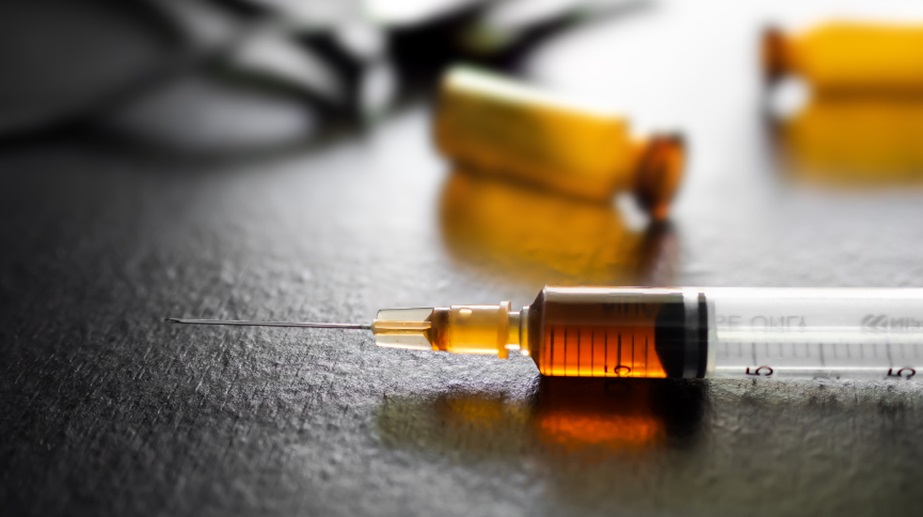Addressing Common Misconceptions About Ketamine and Depression

With advancements in mental health treatments, alternative therapies like ketamine for depression in Annapolis are gaining attention for their potential to offer relief from depressive symptoms, particularly in treatment-resistant cases. Despite the growing body of evidence supporting ketamine’s effectiveness, many myths and misconceptions still surround this treatment. In this article, we’ll clarify common misunderstandings about ketamine therapy for depression and explore how it may benefit individuals who have struggled with other treatments.
What is Ketamine Therapy?
Ketamine, originally developed as an anesthetic, has found a new purpose in mental health care due to its unique effects on the brain. Unlike traditional antidepressants, which typically target serotonin and norepinephrine levels, ketamine affects the brain’s glutamate system. By doing so, it can promote faster changes in brain function and structure, potentially providing quicker relief from depressive symptoms.
Misconception 1: Ketamine Therapy Is Unsafe
A primary misconception is that ketamine is inherently unsafe because it was initially used as an anesthetic and has even been misused recreationally. However, ketamine treatment for depression is administered in carefully monitored clinical settings under professional supervision, typically at lower doses than used for anesthesia. Read this blog to know in detail about ketamine’s benefits and how it has demonstrated its safety and efficacy when delivered responsibly.
Misconception 2: Ketamine Therapy Is a Last Resort
While ketamine is often sought by those with treatment-resistant depression, this does not mean it should be considered a last resort. Ketamine’s accessibility and growing acceptance as a viable treatment, not only for those with treatment-resistant depression but also for those seeking innovative and effective alternatives. To know more about it, consider reading this blog here.
Misconception 3: Ketamine Only Provides Temporary Relief
A frequent concern about ketamine therapy is that its effects are short-lived and primarily provide temporary relief. Although the initial effects of ketamine therapy may appear quickly—often within hours to days—repeated treatments have shown potential for lasting benefits. Ongoing studies suggest that regular ketamine therapy sessions can help maintain positive effects over time, providing extended relief from symptoms. It’s important to discuss the right frequency and treatment plan with a mental health professional to sustain the benefits over the long term.
Misconception 4: Ketamine Treatment Is the Same as Recreational Ketamine Use
Ketamine’s association with recreational misuse contributes to misunderstandings regarding its therapeutic potential. In clinical settings, ketamine is used in controlled, low doses tailored to a patient’s needs, which is vastly different from recreational use. Recreational use typically involves much higher doses that can lead to dissociation and hallucinations, while therapeutic doses are precisely calibrated to support mental health without inducing significant psychoactive effects.
Misconception 5: Ketamine Therapy Leads to Dependence
Another misconception is that ketamine therapy could lead to dependency, similar to how some may become reliant on certain types of pain medication. However, research does not support this concern when ketamine is used therapeutically for depression. Unlike traditional antidepressants, ketamine does not require daily intake. Most protocols involve infrequent dosing, which reduces the risk of dependence and the likelihood of developing tolerance. Professional clinics in Annapolis and elsewhere focus on responsibly managing the therapy schedule to optimize benefits while safeguarding patients’ well-being.
Who Can Benefit from Ketamine Therapy?
Patients who have not responded well to traditional antidepressant medications are often the primary candidates for ketamine therapy. This includes individuals with major depressive disorder, bipolar depression, and PTSD, who may experience a rapid improvement in symptoms after ketamine treatment. The procedure can be particularly helpful for patients seeking alternatives to standard antidepressants, as ketamine works through a different mechanism in the brain. Additionally, for patients in areas like Annapolis, ketamine therapy offers a nearby option for accessible, innovative treatment.
What to Expect from Ketamine Therapy
If you’re considering ketamine therapy, the process usually involves a series of sessions that may include intravenous infusions or other forms of ketamine administration. Each session is monitored by medical staff, who assess your progress and adjust treatment as needed. Some patients report feeling relief from depression symptoms within hours or days, making it one of the fastest-acting treatments currently available. Long-term strategies may include follow-up sessions or complementary therapies to help maintain the benefits of ketamine treatment.
Conclusion
As more individuals explore ketamine treatment options, it’s essential to separate fact from fiction. Ketamine therapy, when provided in a clinical setting by qualified professionals, can be a safe and effective option for those who have not found success with traditional therapies. With ongoing research and increasing accessibility, ketamine continues to transform the approach to depression treatment, offering new hope for those seeking rapid relief and a renewed quality of life.
